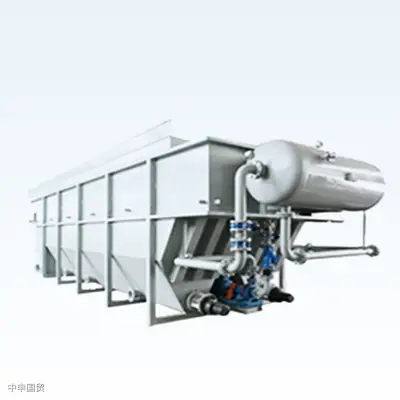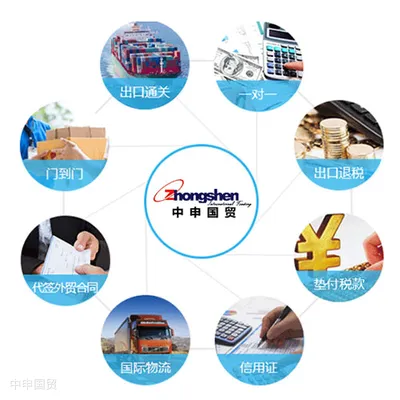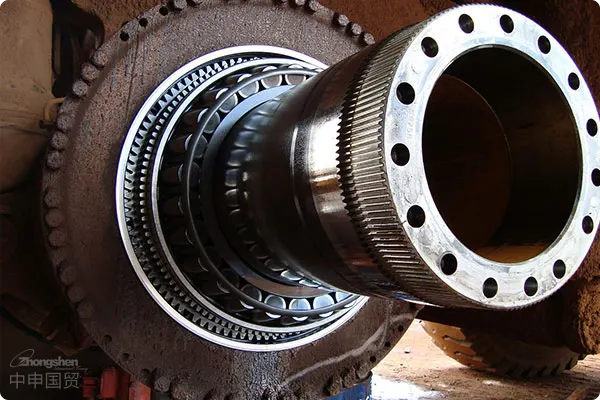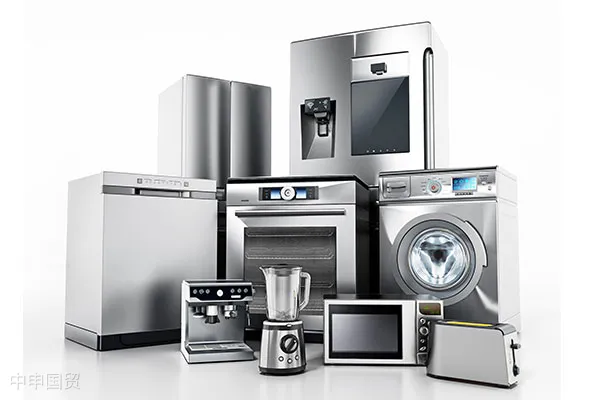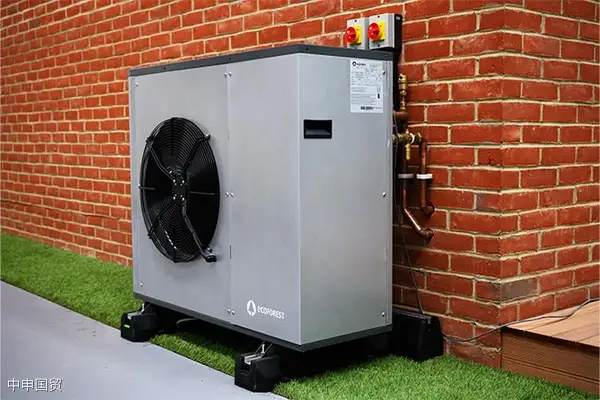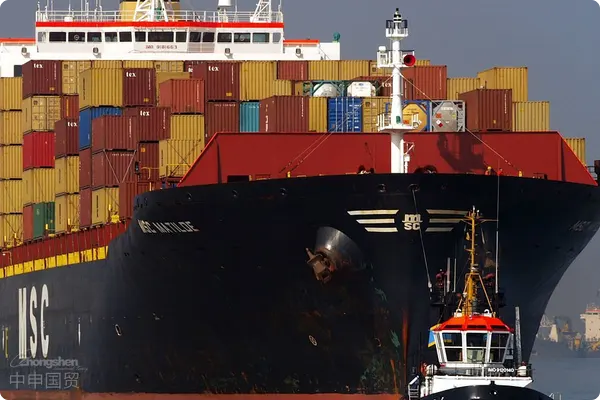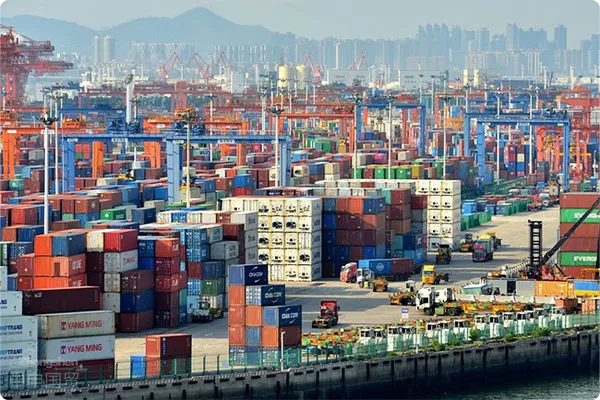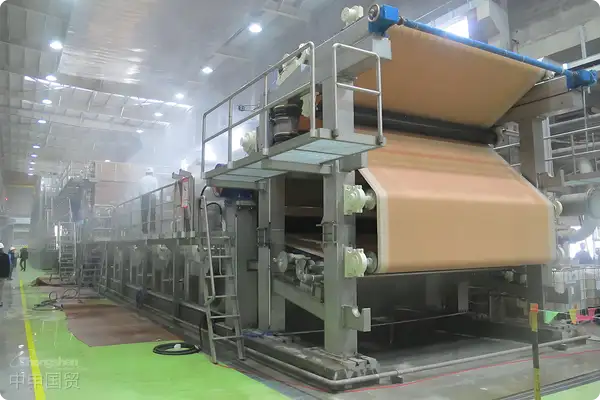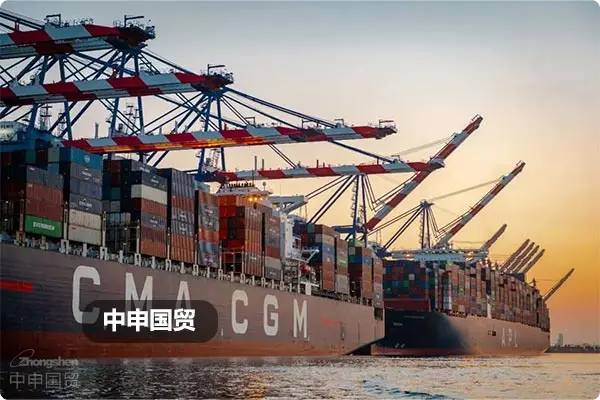- Shanghai Zhongshen International Trade Co., Ltd. - Two decades of trade agency expertise.
- Service Hotline: 139 1787 2118
Key certifications and procedures for the export of air - flotation machines to Germany
- Category: Machinery & Equipment
- |
- Date: August 13, 2024, 18:35
Master the necessary certifications and procedures for exporting air flotation machines to Germany, including CE marking, environmental protection standards, and export formalities, to ensure that products meet strict EU standards. In the food processing industry, air flotation machines are commonly used to treat oily wastewater, such as wastewater treatment in slaughterhouses and dairy factories. In pulp and paper manufacturing, they are used to remove ink and other impurities from pulp, improving paper quality and recovery rate.
Product Details
An air flotation machine is a device used for water treatment, mainly for solid - liquid or liquid - liquid separation. This device introduces air to form tiny bubbles that attach to the surface of suspended solids or oil droplets. Through buoyancy, they float to the water surface, achieving the purpose of removing pollutants. Air flotation machines are widely used in industrial and municipal wastewater treatment, as well as in some specific technological processes, such as petrochemical, papermaking, food processing, etc. In the food processing industry, air flotation machines are commonly used to treat oily wastewater, such as wastewater treatment in slaughterhouses and dairy factories. In pulp and paper manufacturing, they are used to remove ink and other impurities from pulp, improving paper quality and recovery rate.
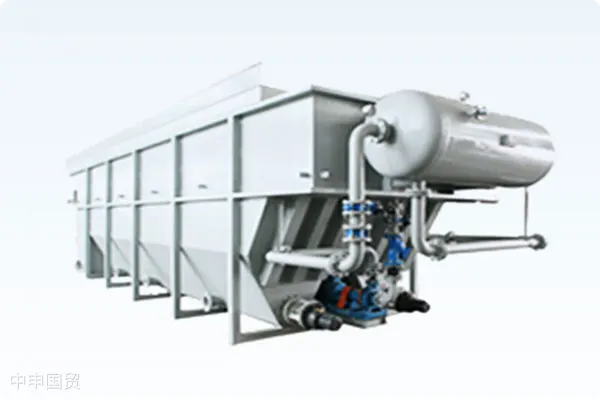
The certifications and procedures to be considered for exporting air flotation machines to Germany are relatively complex, especially for equipment related to wastewater treatment and environmental protection. Germany and the entire EU have strict regulations and standards for imported environmental protection equipment. The following are some key certifications and procedures required for exporting air flotation machines to Germany:
CE Marking Certification
(1) CE Certification:This is a mandatory compliance statement in the EU market, demonstrating that the product meets EU safety, health, environmental protection, and consumer protection standards.
(2) Standards Involved:Including the Machinery Directive 2006/42/EC, the Low Voltage Directive 2014/35/EU, and the EMC Directive 2014/30/EU.
(3) Operation Process:Conduct necessary tests, prepare technical documents, complete the EU compliance statement, and ensure that the CE mark is on the equipment.
Environmental Protection Certification
(1) Environmental Protection Standards:Check whether specific environmental protection certifications are required, such as standards regarding emission or noise levels. Confirm whether the materials and chemicals used in the equipment meet the requirements of the REACH and RoHS Directives.
(2) REACH and RoHS:Export Formalities
(1) Commercial Invoice:
Prepare a detailed commercial invoice, listing the specific product information and transaction terms.(2) Packing List:
Provide a packing list, detailing the contents of all packages.(3) Transport Documents:
Prepare corresponding transportation and logistics documents, such as bills of lading or freight waybills, etc.(4) Tariffs and HS Codes:Air TransportationUnderstand the tariffs and HS codes of the corresponding products in Germany to ensure proper arrangement of tariff issues.
Installation and Operation ManualMultilingual Manual:
Provide a German - language operation manual to ensure that users can correctly operate and maintain the equipment.
After - sales ServiceLocal Service Support:
It is recommended to set up or cooperate with a local service center to provide installation, commissioning, and subsequent maintenance and technical support.
Registration and Legal Compliance(1) Equipment Registration:
Register the equipment with the local environmental protection agency or relevant department in Germany as required.
(2) Compliance Inspection:Ensure compliance with all applicable laws and regulations in Germany and the EU.
Transportation and Tariffs(1) Logistics Arrangement:
Select a suitable logistics service provider, arrange air transportation, and handle relevant insurance and risk management.
(2) Tariff Management:Understand and prepare to handle import tariffs in advance, as well as possible value - added tax (VAT) and other fees.Maritime TransportationThrough the above steps, ensure that the air flotation machine can be smoothly exported to Germany and operate smoothly in the local market. Be sure to plan in advance and cooperate with professional experts to avoid any potential compliance risks.
Key Certifications and Procedures for Exporting Air Flotation Machines to Germany | Shanghai Import/Export AgentIn recent years, with the acceleration of globalization, the demand and export volume of the Chinese kitchenware industry in the Russian market have been continuously increasing. Correctly understanding and responding to Russias foreign trade tax rate policies is crucial for export enterprises. This article will deeply analyze the tax rate regulations for exporting kitchenware to Russia, the impact of these changes on enterprises, and provide corresponding strategic guidance.
Through the above steps, ensure that the air flotation machine can be smoothly exported to Germany and operate smoothly in the local market. Be sure to plan in advance and cooperate with professionalimport and exportexpertsZhongShen International Tradeto avoid any potential compliance risks.
Related Recommendations
Category case
Contact Us
Email: service@sh-zhongshen.com
Related Recommendations
Contact via WeChat

? 2025. All Rights Reserved. Shanghai ICP No. 2023007705-2  PSB Record: Shanghai No.31011502009912
PSB Record: Shanghai No.31011502009912
